Key Takeaways
- What batteries does a smoke alarm take?
Smoke alarms typically use 9V, AA, or lithium batteries. The type depends on the alarm, with lithium batteries offering up to 10 years of use.- How often should smoke alarm batteries be replaced?
Standard 9V and AA batteries need to be replaced at least once a year, while lithium batteries can last up to 10 years.- How do I know when to replace smoke alarm batteries?
Smoke alarms often emit a chirping sound when the battery is low, signaling it’s time for a replacement. Regular checks ensure your alarms stay functional.
Table of Contents
ToggleWhen it comes to workplace safety, smoke alarm batteries are small but mighty. A reliable smoke alarm system can mean the difference between a minor incident and a devastating fire. In commercial spaces, where employees, clients, and valuable assets are at stake, having fully functional smoke alarms is not just a precaution—it’s a necessity. While many businesses focus on installing alarms, battery maintenance often gets overlooked, leading to potential risks. A dead or low battery can turn a life-saving device into a useless plastic box, leaving your workplace vulnerable in an emergency.
Beyond safety concerns, battery failures can also put businesses at risk of legal trouble. Fire safety regulations in the UK require workplaces to have working smoke alarms, and non-compliance can lead to hefty fines or even closure. Whether your system relies on battery-powered detectors regular testing and timely replacements are essential. Ignoring this simple yet crucial maintenance task could cost more than just money—it could put lives at risk. Ensuring your smoke alarm batteries are always in top condition is a key step in protecting your business, employees, and reputation.
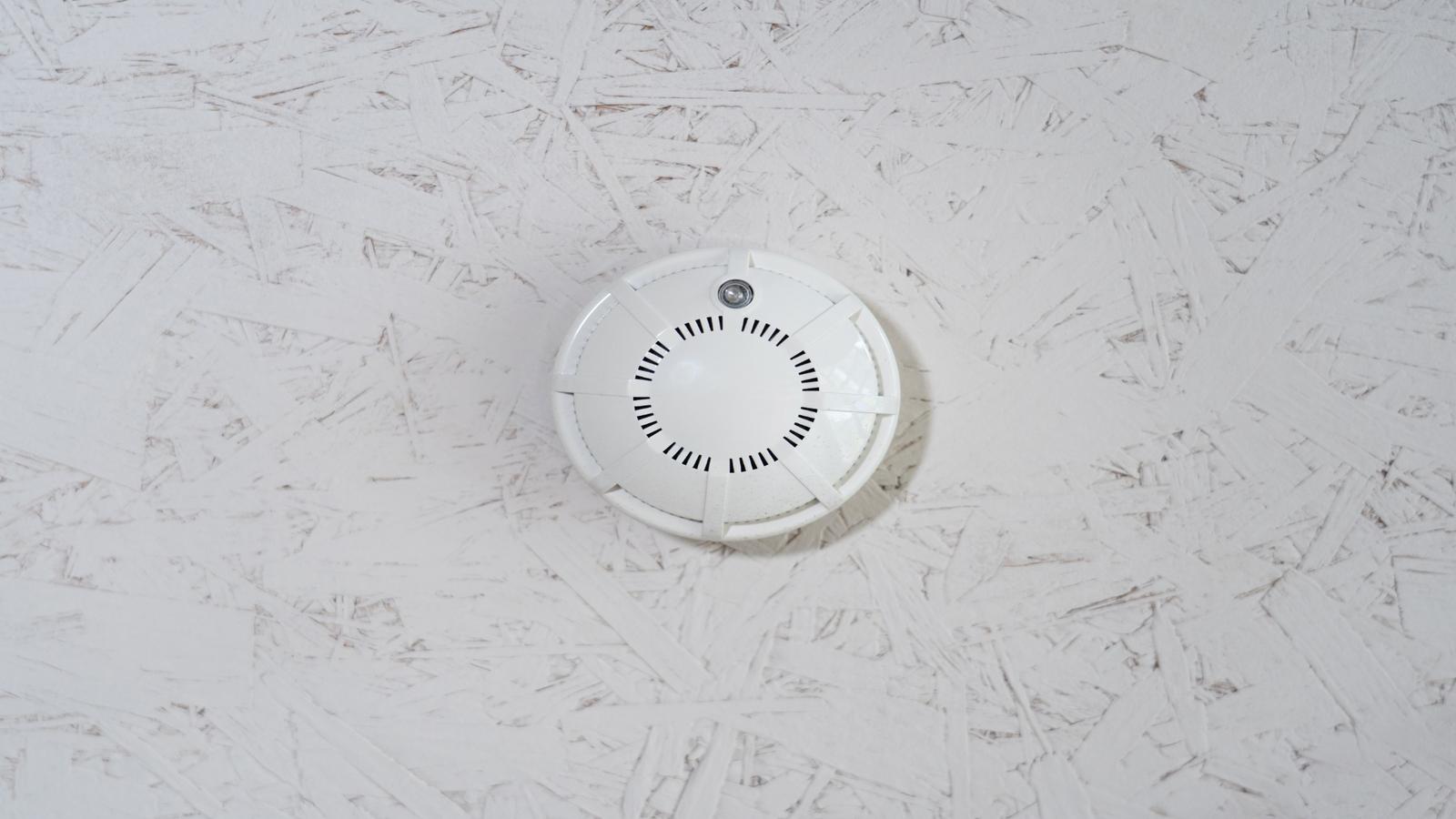
What Batteries Does a Smoke Detector Take?
Choosing the right power source for your smoke alarm isn’t as simple as grabbing the first battery you find. Different alarms require different smoke alarm batteries, and using the wrong type could affect their performance. The most common options include 9V batteries, AA batteries, and long-lasting lithium batteries. Traditional 9V and AA batteries are widely used in standard smoke detectors, but they need to be replaced at least once a year to ensure reliability. On the other hand, modern alarms often come with sealed 10-year lithium batteries, designed to last for the entire lifespan of the detector without needing a replacement. While these may cost more upfront, they offer peace of mind by eliminating the hassle of frequent battery changes.
Understanding what power source your alarm needs is crucial, especially in a business setting where multiple smoke detectors may be installed. Some workplace environments rely on mains-powered smoke alarms with backup batteries, ensuring protection even during power outages. Meanwhile, wireless fire alarms often use lithium batteries for extended life and consistent performance. Checking the manufacturer’s guidelines will help you determine what battery does a smoke alarm take, preventing failures and ensuring compliance with fire safety regulations. Choosing the right battery isn’t just about convenience—it’s about keeping your workplace and everyone in it safe. Is your business prepared for a potential fire emergency? If you haven’t yet installed or upgraded your smoke alarm system, now’s the time! Get in touch with us today for expert commercial fire alarm system installation. Don’t wait until it’s too late—protect your employees and assets with a fire alarm system you can trust.
Smoke Alarm Batteries UK: Regulations and Best Practices
In the UK, fire safety isn’t just about common sense—it’s the law. Businesses are legally required to have working smoke alarms in place, and failing to maintain them can lead to serious consequences. According to UK fire safety regulations, commercial properties must have an appropriate fire detection system, and that includes ensuring smoke alarm batteries are in proper working condition. Whether your workplace relies on battery-powered smoke alarms, mains-powered smoke alarms with backup batteries, or a wireless fire alarm system, regular maintenance is essential to meet compliance standards. Fire safety inspections can happen at any time, and a non-functioning alarm due to a dead battery could result in hefty fines or even legal action.
So how can businesses stay compliant? First, always check what battery does a smoke alarm take before replacing it to ensure compatibility. Second, establish a routine testing schedule—fire safety guidelines recommend checking alarms at least once a month. If your business operates in a high-risk environment, such as a restaurant or manufacturing facility, consider investing in smoke alarm batteries in the UK that offer long-lasting reliability, such as 10-year lithium options. Staying proactive with battery maintenance isn’t just about avoiding penalties—it’s about protecting your employees, customers, and livelihood. Need a hand ensuring your business stays compliant and fully protected? Our commercial fire alarm system maintenance is here to help. We’ll take care of everything from installation to regular upkeep, ensuring your fire alarms are always in top shape.

Mains-Powered vs. Battery-Operated Smoke Alarms
When it comes to fire safety in the workplace, businesses have two main choices: mains-powered smoke alarms or battery-operated ones. Mains-powered alarms are directly connected to the building’s electrical system, ensuring continuous protection. However, they still rely on smoke alarm batteries as a backup in case of power outages. This makes it crucial to check and replace backup batteries regularly to prevent unexpected failures. Many commercial properties prefer mains-powered alarms because they don’t require frequent battery changes, but they still need to be tested and maintained just like any other smoke detection system.
On the other hand, battery-operated alarms offer flexibility and easy installation, making them ideal for businesses in rented spaces or locations where wiring may not be feasible. Wireless fire alarms, which run on long-life lithium batteries, provide reliable protection without the need for extensive installation. These systems are particularly useful for larger workplaces, as they can be interconnected to provide broader coverage. Regardless of the type of alarm your business uses, keeping up with smoke alarm batteries UK standards is essential to ensure maximum safety and compliance with fire regulations. Choosing the right system and maintaining it properly can make all the difference in an emergency. Curious about mains-powered smoke alarms and whether they might be a better fit for your business? Don’t miss our article, “Are Mains Powered Smoke Alarms Better than Battery Powered Alarms?” to dive deeper into the pros and cons of both systems.

What Battery Does a Smoke Alarm Take? When to Replace It?
One of the most common fire safety mistakes in the workplace is assuming that a smoke alarm will always work—until it doesn’t. The reality is that smoke alarm batteries have a limited lifespan, and failing to replace them on time can leave your business unprotected. How often you need to change the battery depends on the type of alarm you have. Standard 9V and AA batteries should be replaced at least once a year, while long-lasting lithium batteries can last up to 10 years. However, even mains-powered alarms with backup batteries require regular checks, as their battery life can vary based on usage. Checking what battery does a smoke alarm take and replacing it accordingly is a simple but crucial step in fire safety.
Ignoring a low battery warning can have serious consequences. Most alarms emit a chirping sound when their battery is running low, signaling that it’s time for a replacement. If your workplace uses multiple alarms, it’s a good practice to test them all at the same time to ensure full coverage. Following smoke alarm batteries by the UK guidelines and performing routine checks and timely replacements will help keep your business compliant and, more importantly, safe. A few minutes of maintenance can prevent a costly or even life-threatening emergency. Remember, safety at home is just as important as safety at work. If you need assistance with fire alarm systems at home or at your workplace, our residential fire alarm installation & repair service is here to ensure you’re always protected.
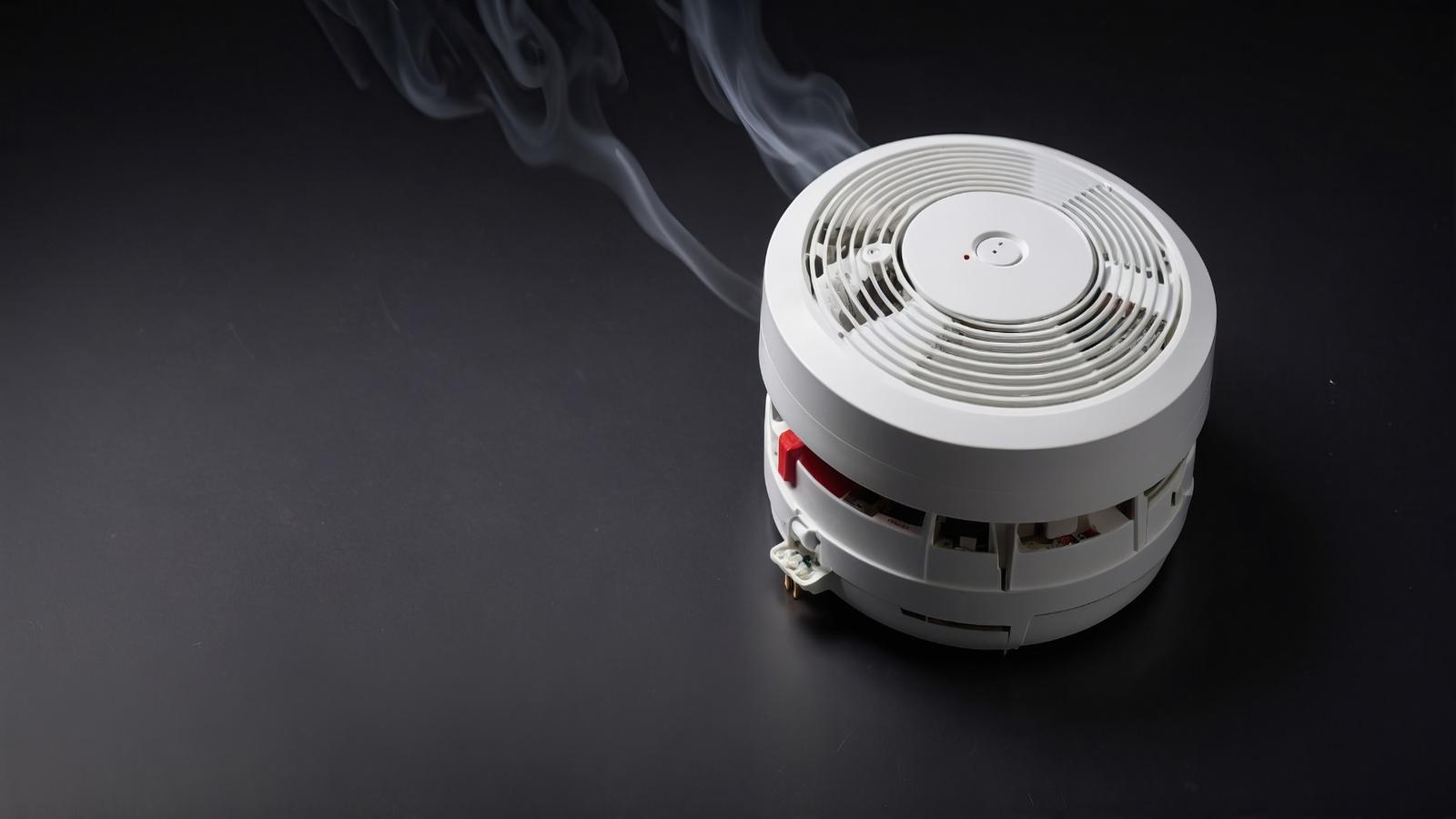
Choosing the Best Smoke Alarm Batteries for Your Business
Selecting the right smoke alarm batteries for your workplace isn’t just about grabbing the cheapest option—it’s about ensuring long-term reliability and safety. When choosing a battery, consider three key factors: longevity, cost, and performance. Standard 9V and AA batteries are budget-friendly but require yearly replacements, which can be a hassle for businesses with multiple alarms. Long-life lithium batteries, while more expensive upfront, can last up to 10 years, making them a smart investment for reducing maintenance efforts. If your workplace uses mains-powered smoke alarms, don’t overlook the backup battery—it should be high-quality to ensure uninterrupted protection during power failures. Placement is another important factor to consider when installing smoke alarms. To learn more about strategic placements for maximum coverage, check out our article “Where to Place Smoke Alarms for Maximum Workplace Safety.”
Beyond choosing the right battery, proper maintenance is just as important. Set a schedule for routine testing—at least once a month—to check if the alarm is functioning correctly. Train employees to recognize warning signs like chirping sounds, which indicate low battery levels. Keeping a stock of replacement batteries on-site ensures that you’re never caught off guard. By following best practices and selecting the most suitable smoke alarm batteries in the UK businesses can stay compliant, avoid unnecessary risks, and most importantly, keep their employees and premises safe from fire hazards. A little preparation today can make all the difference in an emergency.

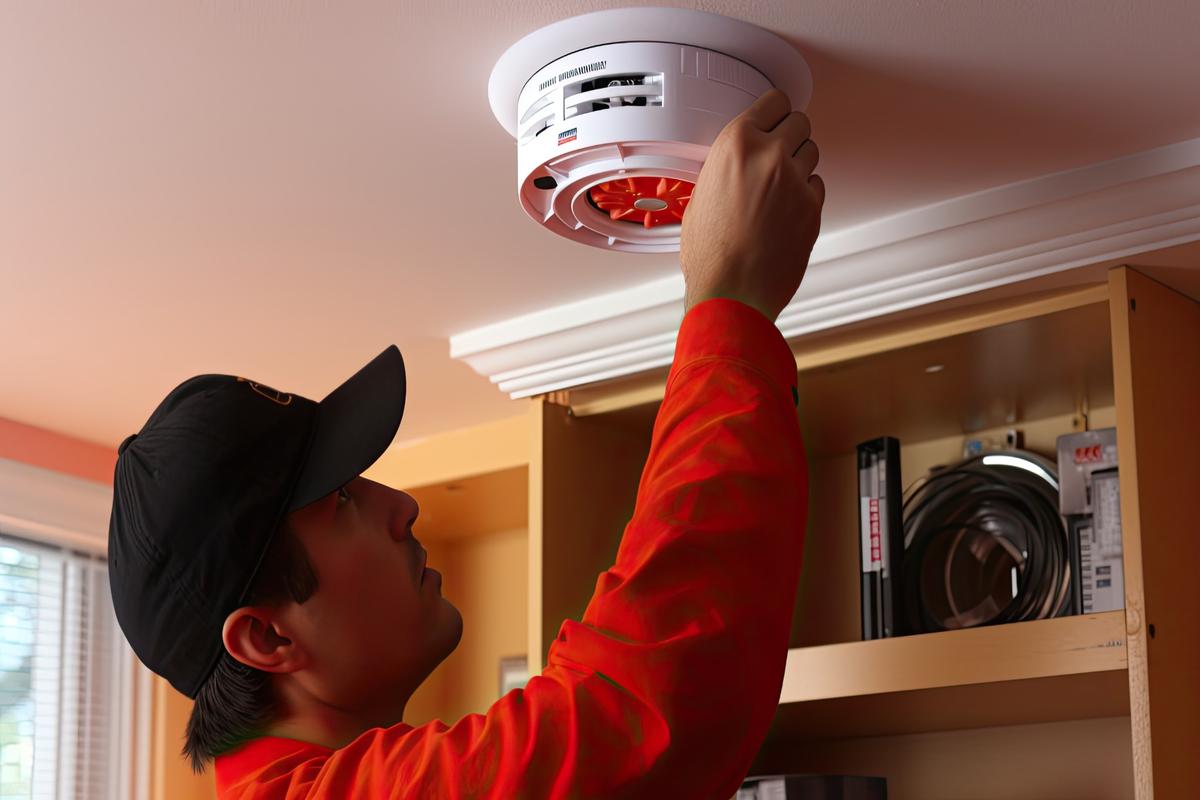

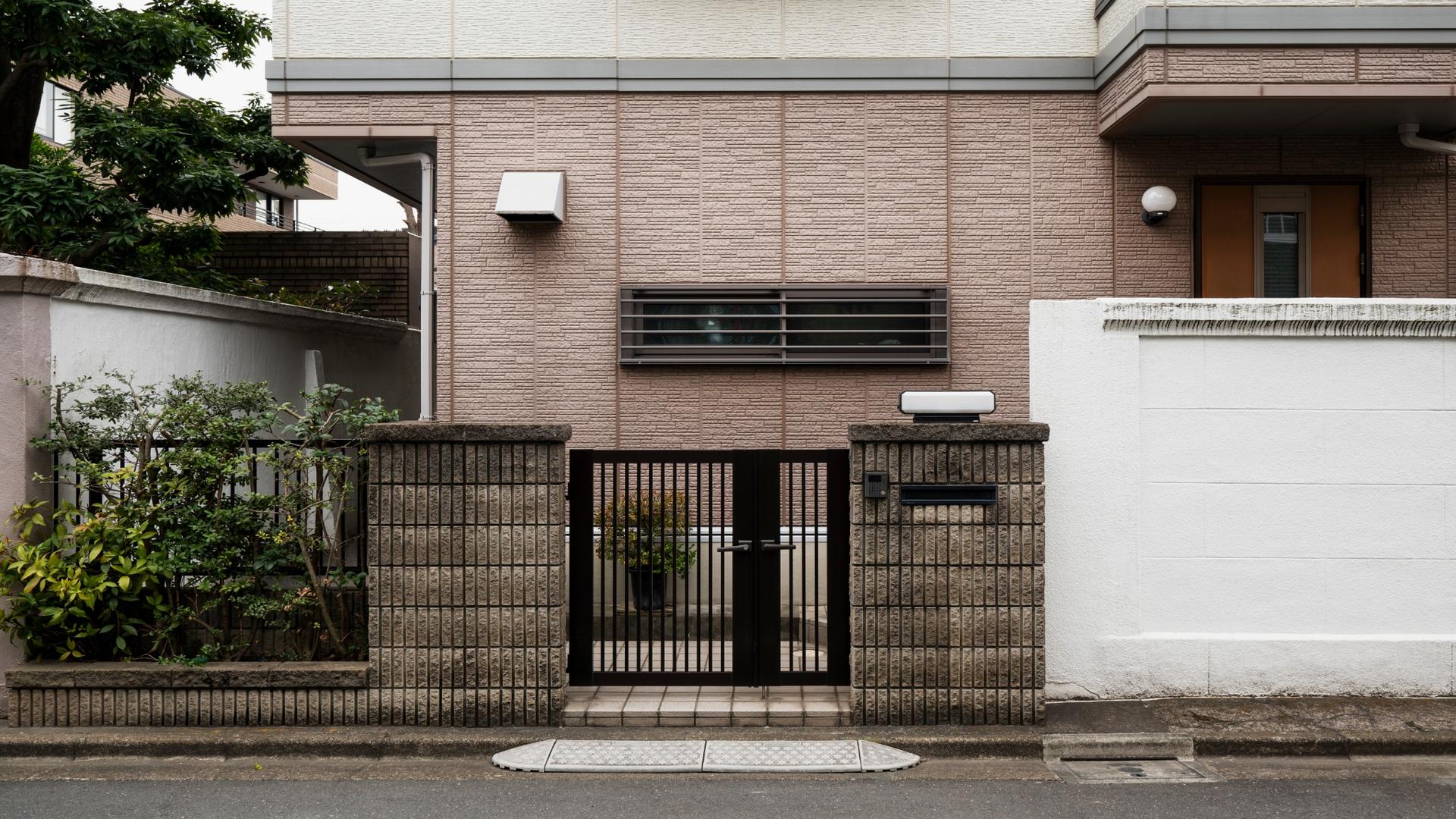
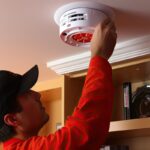




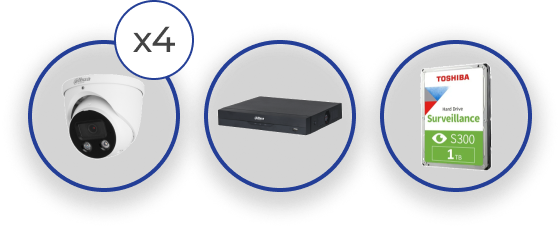

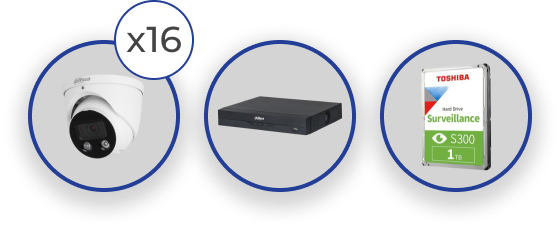
No comment